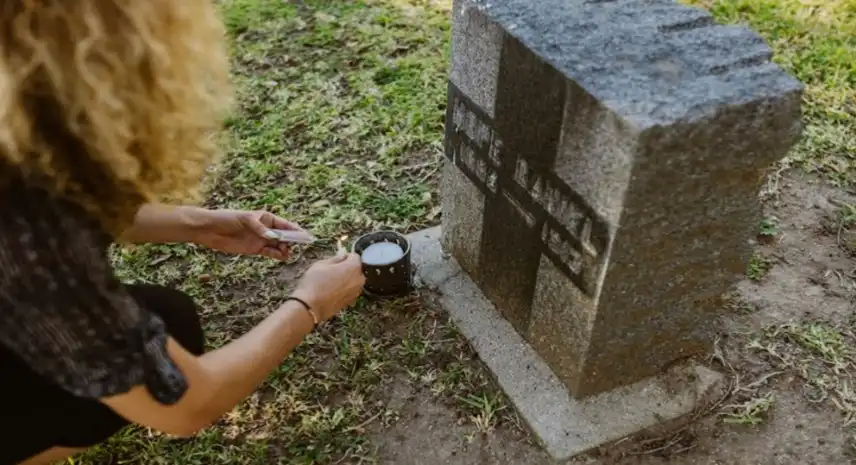
You probably don’t have to.
That said, the best answer to your question should take into account the way your deed was vested, and whether a lawyer recommends that you carry out a formal name removal for a specific reason.
Check the Deed. It Declares How Your Ownership Is Vested
Check the deed for vesting language.
- If you co-owned the home as tenants by entireties (available in some states to married/life partners), your deed should be fine. If you want to sell or borrow against the home, inform your agent or mortgage consultant that your co-owner has passed.
- Same goes for the many couples, in many states, who own homes as joint tenants with the right of survivorship. Probate is unnecessary. The late owner’s property interest vests in the surviving spouse, legally, even if the deceased owner’s name is still on the deed.
- If the deed says you were tenants in common, there’s a different scenario. You each held a certain percent of the property. The deed will state the percentages: 50-50, 80-20, or some other split. Here, the late owner’s interest goes into probate court, which removes the late owner’s name from the title. The personal representative distributes the property to the will beneficiary (or the heir under the state’s intestacy law).
What If Your Home Is in a Community Property State?
If you and your life partner have resided in a community property state, then your home legally goes to the surviving co-owner upon the first owner’s death. Normally the co-owners will have created a community property agreement. This is the instrument that affirms that all present and future assets of each partner are, in fact, community property, and should go to the survivor when the first partner dies.
Take this agreement to the county clerk or recorder of deeds. Have it publicly recorded. A probate court’s oversight is not necessary for the transfer of title into your name. The title goes right from the deceased spouse or domestic partner to you, the living homeowner.
In short — as with joint ownership or tenancy by the entireties — it’s best to clear the title.
Bypassing Probate? That Doesn’t Mean Doing Nothing.

While you’re OK with the deed as-is for joint ownership or tenancies by entireties, it’s best to record the transfer of the property interest. This can be done by signing an affidavit of survivorship for the county recorder of deeds. Once it becomes a public record, it notifies the public that the former owner no longer has a vested interest.
Check state and local rules for requirements. Typically, the survivor brings a copy of the title, the spouse’s or life partner’s death certificate, a lack of probate affidavit, and an excise tax affidavit (showing a non-taxable transfer) to the local recorder’s office.
In California? Title changes between spouses or after a spouse’s death require a preliminary change of ownership report, or PCOR.
Check with your county clerk to learn about fees and what filings you need so that your title is clearly updated. This will make it easier for you or your heirs to sell or borrow against the property.
In Short…
Co-owners as tenancies by the entirety, joint owners, and community property owners all have right of survivorship interests. That means the property interest of a deceased co-owner legally goes to the surviving co-owner. The deed need not be updated for this to happen. Some surviving co-owners never change their deeds.
Still, there could be a good reason to update the deed for the sake of clarity and public notice.
You might simply wait and create a new deed when you refinance, or when you do formal estate planning. And it’s never too early to see a wills and trusts attorney to get that ball rolling.
Deeds.com does not dispense legal advice. Use the content of this website for general orientation purposes only. Appropriate due diligence must take your own state laws and individual circumstances into account.
Supporting References
Scaringi Law: To Remove or Not To Remove a Predeceased Spouse’s Name From a Deed (Aug. 19, 2024).
Deeds.com: Should You Remove a Deceased Owner from a Real Estate Title? (Sep. 23, 2019).
And as linked.
More on topics: Removing a name from a deed, Whether to use a transfer on death deed
Photo credit: RDNE Stock project and SHVETS Production via Pexels/Canva.
